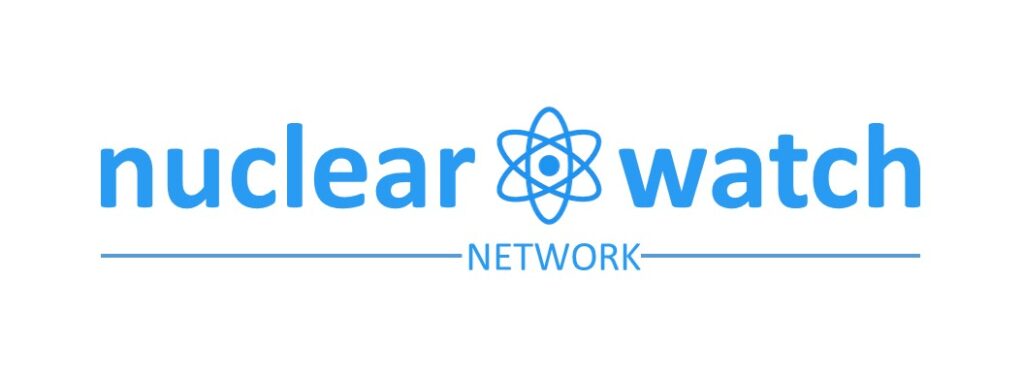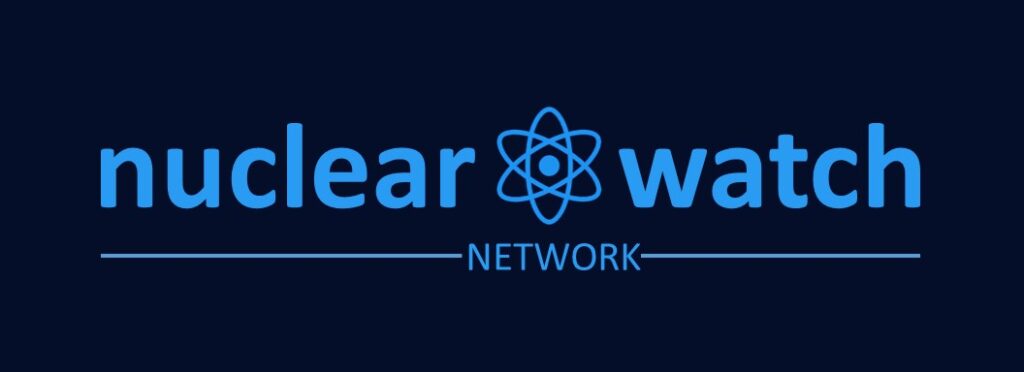Europe Can Leverage Snapback as a Constructive Tool with Iran
By Sasan Karimi,
Lecturer in International Politics, University of Tehran
In recent times, the discourse surrounding nuclear diplomacy has increasingly focused on the “snapback” mechanism, formally known as the dispute resolution process of the Joint Comprehensive Plan of Action (JCPOA). The first undeniable reality is that the United States’ withdrawal from the JCPOA, coupled with the relatively neutral stances of China and Russia, leaves the three European countries—France, Germany, and the United Kingdom—as the only actors technically positioned to activate this mechanism. The second evident reality is that Europe’s standing, particularly which of these three pivotal nations, has noticeably declined in recent years, especially following Donald Trump’s return to power in Washington. In today’s post-polar world, Europe is neither an unwavering ally of the United States, as it once was, nor a coalition of globally decisive and powerful actors, as it was in its historical tradition. The third reality is that, while the United States remains the preeminent military and economic power, and China, as an emerging power, focuses its influence on commerce and technology rather than military or security competition, Europe no longer competes effectively in military, economic, or technological domains. Even Russia, previously regarded as a significant military and energy power, has revealed its limitations through its entanglement in the Ukraine conflict, demonstrating that its military capabilities have lagged behind advancements in this field over recent decades. Consequently, the primary strength of Russia, the United Kingdom, and France in today’s global landscape lies in their nuclear arsenals and, more significantly, their permanent membership in the United Nations Security Council, which grants them veto power. From this perspective, it can be argued that Europe’s remaining influence does not lie in hard power. Rather, following the collapse of the Soviet Union and particularly after the Iraq War, Europe’s influence has stemmed from its traditional role in norm-setting—a role in which these longstanding international actors have historically been effective. This weakness, particularly in terms of political and military independence, is so pronounced that European nations have become marginal or entirely irrelevant in shaping critical global dynamics. Even in matters directly tied to European security, such as the Russia-Ukraine war, both Russia and the United States have sidelined Europe. Furthermore, in issues like the Israeli regime’s genocide in Gaza, Iran’s nuclear program, and the twelve-day imposed conflict involving Israel, the United States, and Iran, Europe has been entirely excluded from the equation. It has even relinquished its traditional mediating role in various matters to countries such as Turkey and certain Arab states. This level of irrelevance is profoundly humiliating for European nations and their governments. It is not far-fetched to anticipate that a major European government might soon seek to reverse this trend and chart a new course. At present, the JCPOA dispute resolution mechanism represents one of the few tools available for European governments to assert themselves. The United Kingdom, Germany, and France—the only Western members of the JCPOA—have failed to take meaningful action to fulfill their commitments under the agreement, particularly in mitigating the impact of sanctions on Iran following the U.S. withdrawal. Nevertheless, they retain the technical ability to leverage their position within the agreement. In the absence of the United States, these three European countries could, by citing Iran’s corrective and compensatory nuclear measures, attempt to reinstate the sanctions outlined in the six UN Security Council resolutions against Iran adopted prior to 2015, effectively resetting the situation to the pre-JCPOA era. Such a move, while lacking legitimacy for various reasons and possessing only mechanical enforceability rather than legal validity, could severely damage Iran’s relations with Europe—particularly with these three countries—and effectively terminate Iran’s already faltering cooperation with the International Atomic Energy Agency (IAEA).From one perspective, it can be argued that the three European JCPOA members are not active participants but merely parties to the agreement, as they have failed to take meaningful steps to preserve or operationalize it in recent years. Furthermore, according to the 1971 advisory opinion of the International Court of Justice in the South Africa and Namibia case, a party to an agreement cannot selectively benefit from its mechanisms without fulfilling its obligations. Additionally, the JCPOA dispute resolution mechanism can only be invoked when one party has violated the agreement. Iran’s actions, however, were taken after a year of restraint, are gradual, reversible, and corrective in nature. These measures were a response to the U.S. withdrawal and the failure of other parties to ensure Iran’s economic benefits as stipulated in the JCPOA’s preamble and annexes, in accordance with Articles 26 and 36 of the agreement. Thus, Iran’s actions do not constitute a violation of the JCPOA. Consequently, the Western parties’ invocation of Article 37 lacks legal legitimacy, particularly when it is openly used as leverage for unrelated objectives, such as pressuring Iran into a new agreement. By activating this mechanism, Europe risks further marginalizing itself in Iran’s nuclear issue, effectively sidelining itself. Moreover, such an action could undermine the United States’ current approach to the issue and provoke complex responses, such as Iran’s potential withdrawal from the Treaty on the Non-Proliferation of Nuclear Weapons (NPT). This would further reinforce the U.S. and Trump’s inclination to exclude Europe from significant global equations. Instead of dismantling progress and eroding Iran’s incentives regarding its nuclear program and relations with Europe, European nations should pursue a policy of relationship reconstruction. With the dominant actor, the United States, absent from the JCPOA, Europe has an opportunity to use Iran’s nuclear issue and the lifting of UN Security Council sanctions as a fulcrum to reclaim its independent identity as a defender of justice and to rebuild relations with Iran. This is particularly critical after Europe’s credibility was severely damaged, especially following the Israeli regime’s genocide in Gaza. Rebuilding ties with Iran is sufficiently significant and motivating for both European and Iranian parties. One need only recall the 1990s, when Europe acted far more independently and successfully secured its position and interests.

